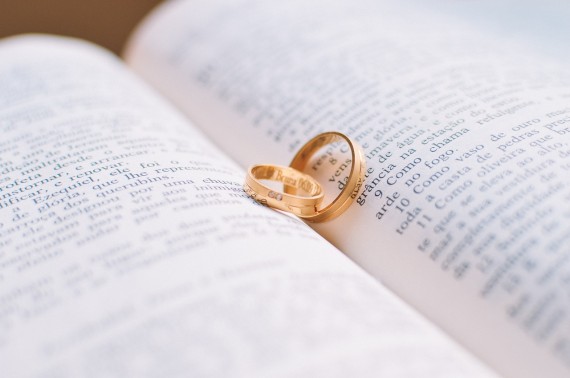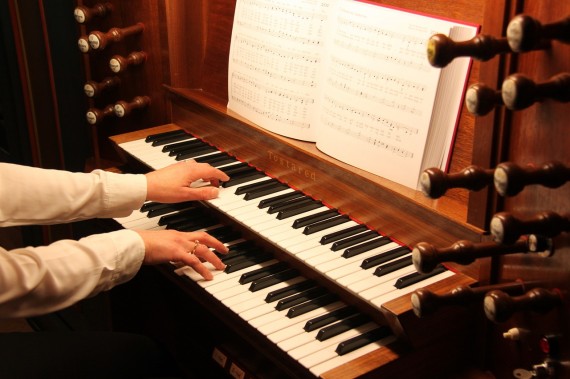Marriage
A Brief Guide to Getting Married
in the Catholic Church
Please Note: This is a guidance document only.
Please consult with your local priest to agree how best to proceed.
Church Requirements
So where do we start?
At least three months before the planned date of marriage, contact the priest in your local parish where each of you presently live to let him know of your intention to marry and make an appointment to meet him. This may not be the same priest who will celebrate your wedding with you.
Also, as soon as possible, book the church in which you hope to get married.
What Paperwork Do I Need to Start Gathering?
1. A new baptismal certificate issued within six months of the proposed date of marriage from the parish of Baptism
2. Indication of Confirmation (separate certificate if not recorded on baptismal certificate)
3. Proof of Freedom to Marry
(This can be established through the traditional letters of freedom from each of the parishes the person has lived in for six months or more since he/she was 18 years of age. Alternatively, you can ask a parent or somebody who has known you all their lives to write a letter / complete a form stating their relationship to you and to the best of their knowledge you have never been married religiously or civilly in any jurisdiction. Another possibility is for you to swear an affidavit before a Commissioner of Oaths attesting that you have never been married religiously or civilly in any jurisdiction. You will need to discuss with your priest which of these options is the most appropriate for you).
4. Marriage Preparation Certificate – completing a pre-marriage course is obligatory in the Archdiocese of Armagh. It is advised that you book your course as early as possible as spaces can be very limited at times. Accord is the only marriage preparation agency recognized in our archdiocese. Their website is https://www.accord.ie/services/marriage-preparation
When you have completed the course with Accord, you will receive the certificate of completion.
Once you have all these documents, you will then complete a Pre-Nuptial Enquiry Form with your priest.
Pre-Nuptial Enquiry Form
As part of the pastoral care of the Church for you as an engaged person you will each complete a Pre-Nuptial Enquiry form with your local priest. The form records when you were received into the Church at Baptism and then Confirmed. It also indicates that you are free to marry and helps identify any special permission that you might need. It also affirms that as a mature adult you understand the nature of marriage and accept the duties and responsibilities of married life. The individually completed forms of the bride and groom are sent to the parish priest of the Church where the wedding is taking place and after the wedding the forms are kept in the parish archive there.
What happens if my situation is particular?
If your situation is particular such as a Catholic marrying somebody from another Christian religious tradition or marrying somebody who is not baptised you ought to immediately consult with your priest informing him of the special situation.
Civil Requirements – For Marriages in the Republic of Ireland
The Civil requirements are separate to the Church requirements and need to be fulfilled by all couples intending to get married in the Republic of Ireland.
You can find out more about the civil requirements here:
https://www2.hse.ie/services/births-deaths-and-marriages/getting-married/how/
(The parish is not responsible for the content or accuracy of external links)
Organist for Your Wedding
If you would like the organ played at your wedding, the parish has a Church organist who would be happy to discuss their availability with you. As the organist most familiar with the church and its organ, you must consult with them first. If they are not available, you may wish to bring in an external organist.

